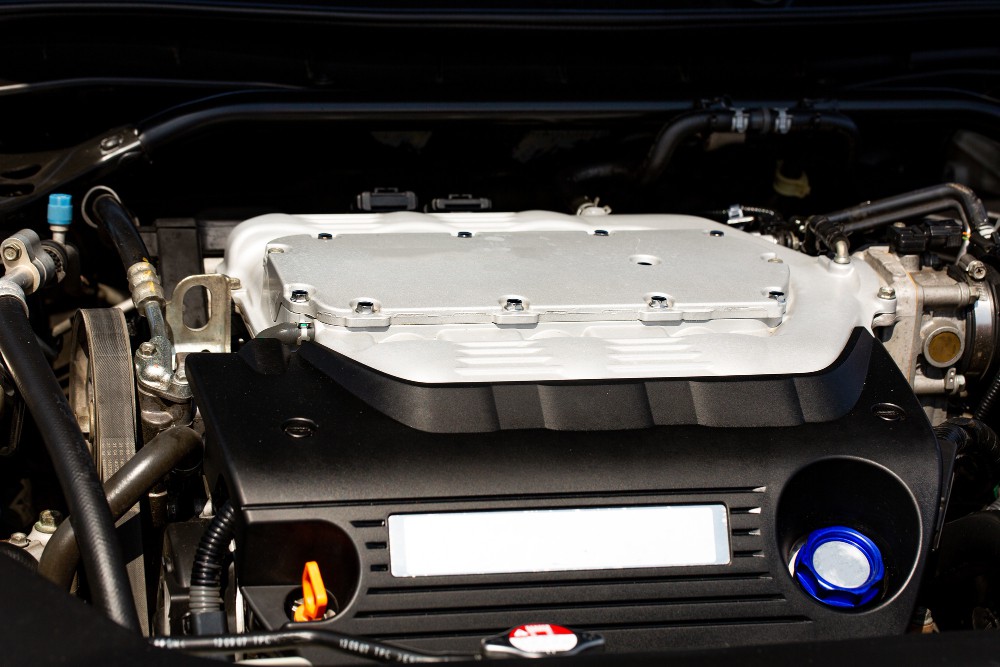
What are the 6 signs of a turbocharger problem?
The turbocharger also referred to as turbo for short is a fundamental component of your car. It attempts to make an incredible and effective fuel system, while additionally limiting unsafe yields to the environment.
To control and power your engine, the air is blended in with the fuel, which is then lighted, for example, consumed to make power. Basically, the more air in the cylinder, the more fuel that can be scorched. This is the place where the turbo comes into play. The turbo sucks extra air into the cylinder helping it to burn more fuel and make extra force and power. This outcomes in more prominent power to make your car speed up while lessening exhaust excess that would somehow or another emanate into the air as pollution.
Similarly, as with most parts that make up a car, turbos are not invulnerable to disappointments, failures nor breakdowns. The following are six basic indications of turbo issues, so you can watch out for them before extra harm is done to your car:
Poor acceleration
The turbos essential capacity is to expand engine force and power. Poor acceleration likens to decreased force and power, where the offender could possibly be the turbo. In case you are getting a deferred reaction from your car when pushing down the acceleration pedal, or it is not coordinating the speed you are acquainted with, it very well may be an ideal opportunity to look for a car mechanic with experience in turbocharged systems.
Increased fuel consumption
Another main function of your car's turbo is to make better mileage. Increasing visits to the petrol station and additionally a recognisable reduction in your cars miles per gallon (mpg) could highlight a faulty turbo. One possible reason for failure is fuel spilling from the turbo into the exhaust while never being scorched/burned.
Excessive exhaust smoke
Turbos are intended to drastically diminish the measure of smoke emerging from the exhaust pipe. Unreasonable smoke is a side effect of a deficient turbo. Explicitly a break in the turbo housing making oil leak into the exhaust system and significantly increment smoke creation. In the event that you run into this issue, it is recommended to speak to a car garage without delay.
Blue or black smoke
An oil leak in the combustion chamber, coming about because of a broken turbo housing, may prompt blue smoke to shoot out of your exhaust pipe. Dark smoke, then again, might be brought about by a burnt engine, blocked air filter, clogged air intake pipe to the turbo compressor, or imperfection in your engines fuel injectors. Regardless of the explanation, coloured smoke is rarely a good sign, and you should have this inspected and diagnosed by a car mechanic.
Whistling noise
A broken turbo may bring about a whistling sound coming from the engine. The stronger the sound, the more regrettable the issue could be. Here is the whistling sound that normally results from a weak turbo. In the event that you hear this noise, you should consult a trained technician at your earliest convenience.
Check engine light
While the check engine light is a comprehensive warning sign that will not point explicitly to a particular mechanical issue, it can suggest a turbo fault. In the event that this occurs, your check engine light ought to initiate on your dashboard. Obviously, If the light continues and you are uncertain why have a specialist investigate.